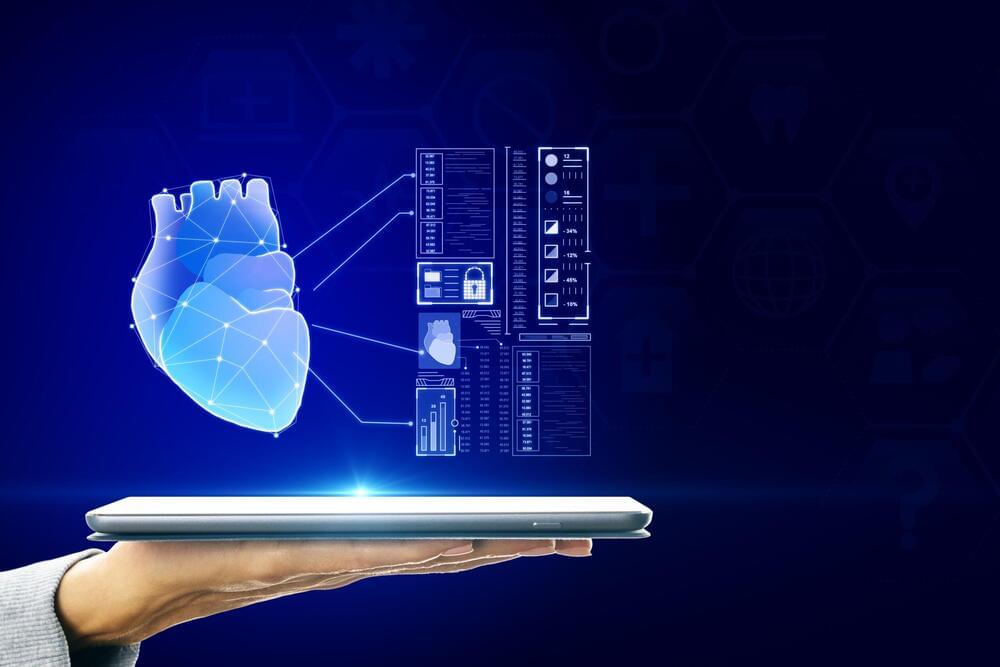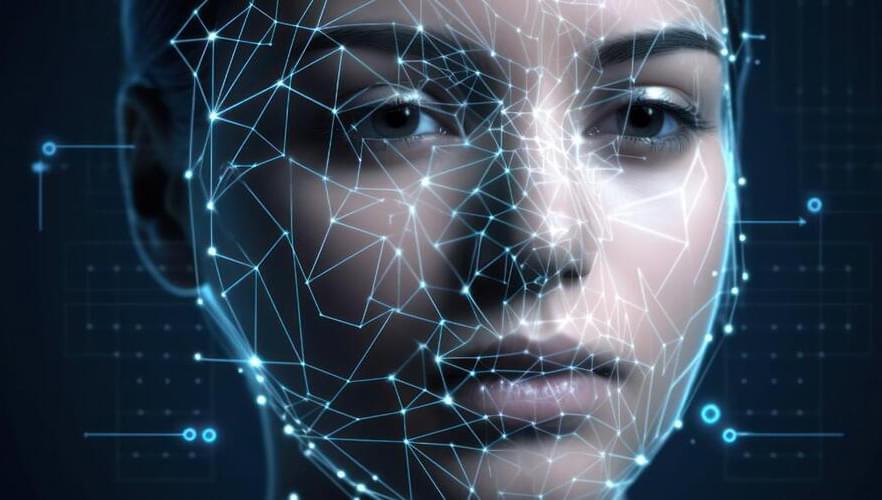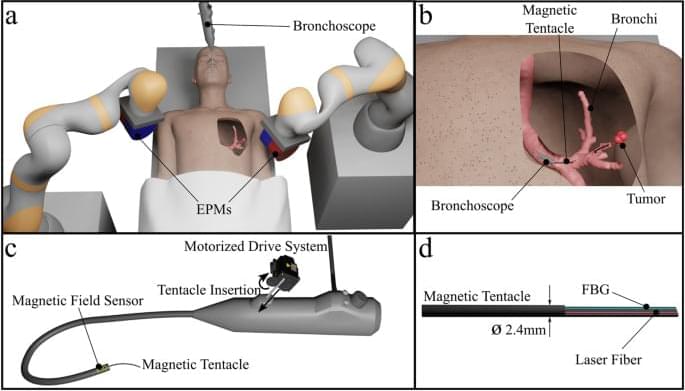Dismantling the belief in a static universe, Edwin Hubble’s revolutionary observations in the 1920s laid the groundwork for our understanding of a continually expanding cosmos. However, we must seek to reconcile this theory with observations that are consistent with a non-expanding universe, writes Tim Anderson.
You have been taught that the universe began with a Big Bang, a hot, dense period about 13.8 billion years ago. And the reason we believe this to be true is because the universe is expanding and, therefore, was smaller in the past. The Cosmic Microwave Background is the smoking gun for the Big Bang, the result of a reionization of matter that made the universe transparent about 300–400,000 years after the Big Bang.
How did we go from Einstein modifying his equations to keep the universe static and eternal, which he called the biggest blunder of his life, to every scientist believing that the universe had a beginning in 10 years? It all started with astronomer Edwin Hubble using the most powerful telescope at the time on Mount Wilson in California. At the time, in the 1920s, scientists believed that the Milky Way galaxy was the totality of the universe. Objects in the night sky like Andromeda that we now know are galaxies were called “nebulae”.





